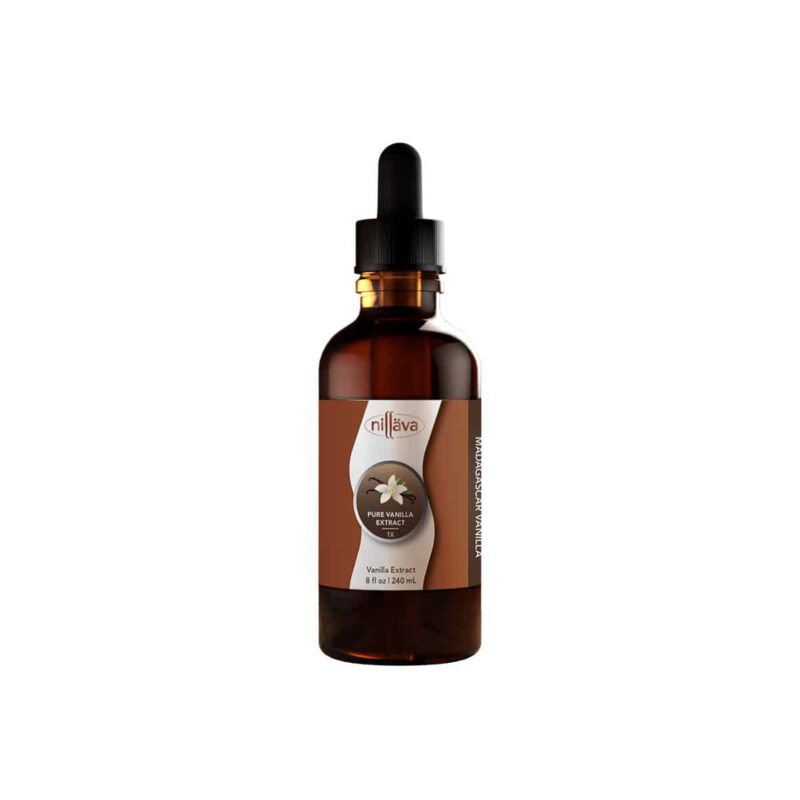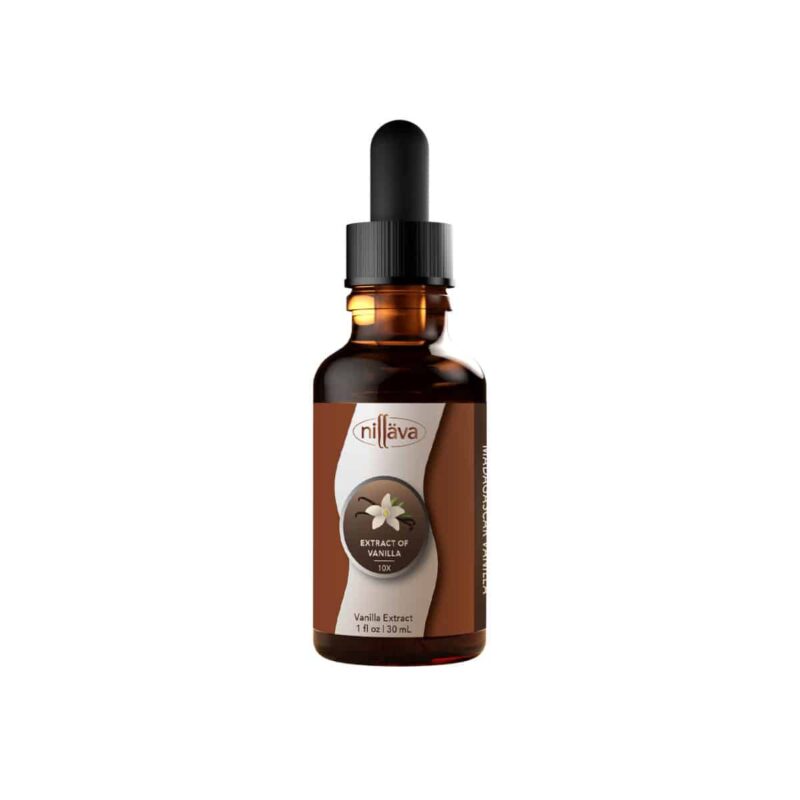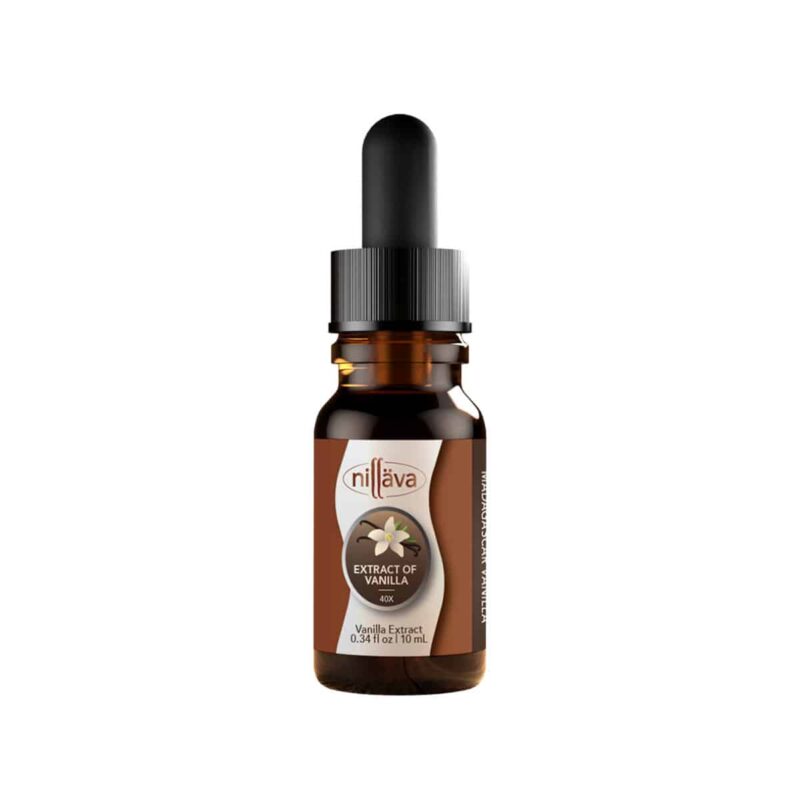Does Vanilla Extract Go Bad? Myths & Facts
Overview
Vanilla extract is one of the most popular kitchen ingredients, packing a flavorful punch. A little goes a long way, and many recipes only need a teaspoon or two. Because of this, it can sit in people’s spice cabinets for years, causing many to ask, “Does vanilla extract go bad?”
If you are one of these people wondering if they should be throwing out their vanilla, you’re in luck because I will be answering this question along with everything you need to know about vanilla expiration.
Answering The Question
So, does it go bad? Well, it depends. The answer depends on what kind of extract you have in your cabinet: Is it pure or imitation vanilla?
The Difference Between Pure and Imitation
There are three main differences between the two types of extract:
Production
- Imitation: A process of making the vanilla flavor by synthetically producing the vanillin compound in a lab.
- Pure: A natural but labor-intensive process of cultivating real vanilla beans and soaking them in a combination of alcohol and water.
Price
- Imitation: An inexpensive extract due to the ease of production and lack of labor/time required.
- Pure: A more costly product due to the effort required in the production process, but when factoring in the flavor profile, it is worth every penny.
Flavor Profile
- Imitation: A lackluster flavor compared to pure vanilla. Since imitation vanilla is made in a lab and only contains one of the compounds (vanillin) that real vanilla has, its flavor is much more shallow.
- Pure: When the extract is made from authentic vanilla beans, it contains hundreds of flavor compounds that are not present in the alternative extract. Pure vanilla is for you if you want a richer, fuller, and overall better flavor.
Does Imitation Extract Go Bad?
Yes, imitation vanilla goes bad. It will typically last 3-4 years. If you want a long-lasting product, then imitation is not for you. Additionally, these cheaper imitation extracts sometimes contain sugar or other additives, which can decrease the shelf life even further. When using these products, be sure to check for a loss of potency, an off smell, or even mold.
Does Pure Vanilla Extract Go Bad?
Pure vanilla will last indefinitely when stored properly. That’s right; if you store your pure extract appropriately, you no longer have to worry about its shelf life. Though spoilage is not an issue, the extract may change in potency years after its expiration date.
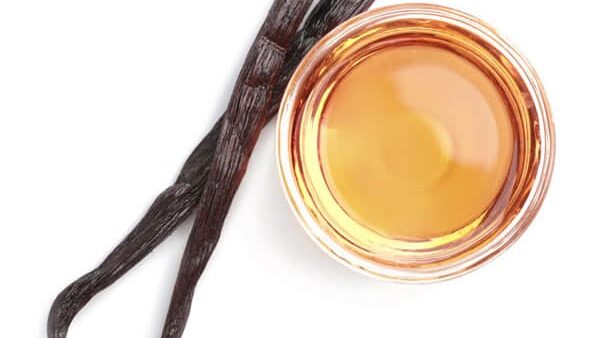
Pure extract may lose strength as it ages. If so, you can simply use more than your recipe calls for. It may also experience alcohol evaporation. Granted, this would take a significant amount of time, but it occurs when the alcohol inside the bottle evaporates, causing the vanilla to become more concentrated and more potent.
The Best Pure Vanilla On The Market
Want to experience the difference that pure vanilla can make in baking and cooking? Shop Nilläva to explore our premium and ethically sourced vanilla products.
How To Know If You’re Extract Went Bad
So, you may be wondering, “How do I know if my vanilla is spoiled?”. This is a valid question if you happen to have bought an imitation extract. Here are three red flags to look out for:
Change In Odor
One surefire way to identify spoiled extract is to perform a sniff test. Open the bottle and take a good whiff of it. If the vanilla gives off an unpleasant smell, or if the scent has altered significantly from when you first purchased it, it is time to throw it.
Mold Growth
This may seem obvious, but I think this indicator, in particular, shows just how serious of a problem spoiled vanilla can be. If the extract has become cloudy or you can see anything floating in it, there is mold in there, and you should get rid of it.
Change in Texture
Typically, vanilla extract is a thin, smooth liquid. When it spoils, its texture becomes thick and viscous, and it reaches a gel-like consistency.
Can You Use Expired Vanilla Extract?
Once again, this answer depends on which kind of extract you have. If you have imitation vanilla, you may be able to use it one year after the expiration date, though you should be on the lookout for signs of spoilage. Pure extract, on the other hand, is a different story.
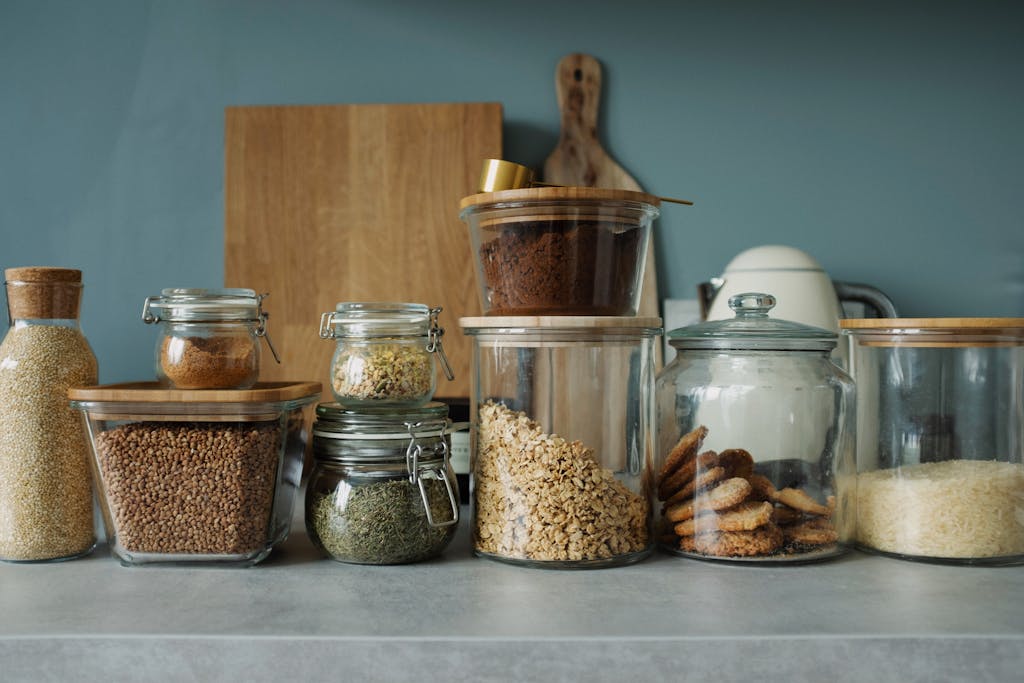
Yes, you can use pure vanilla extract past its expiration date, as the pure extract will not spoil when stored properly. If you have had yours for years past its expiration date, you may have found that the flavor has gotten weaker. If that is the case, you can keep it for alternative uses, such as:
- Bug Repellant: While humans may find the scent of vanilla pleasant, bugs feel the opposite. If you are outside and pestered by mosquitoes, diluting some vanilla with water in a spray bottle can keep the bugs away.
- Air Freshener: Vanilla has a fantastic smell, and you can easily use it as an air freshener. Wet a cotton ball with one or two teaspoons of extract and place it in a bowl. Your house will now smell wonderful.
- Skin Care: You read that right; this could be your next addition to your skincare routine. Vanilla contains antioxidants and antibacterial properties that can potentially soothe the skin. Apply a few drops to your face, massage it, and then rinse away for glowing skin.
Conclusion
Investing in pure vanilla extract can be the difference between having a long-lasting, flavorful ingredient that transforms any recipe into a masterpiece and a cheap product that results in disappointing bakes.
If you’re ready to elevate your baking and cooking, shop at Nilläva for the highest-quality pure vanilla products. Our vanilla is sustainably sourced to support the environment and local farmers. Order now to taste the difference that makes a difference.

